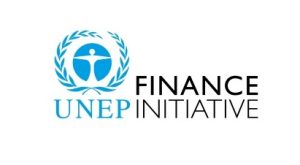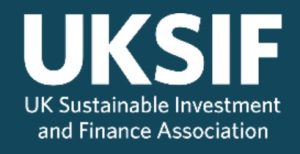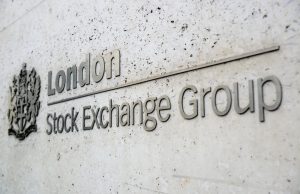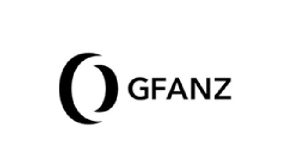Ocean Investment Protocol
United Nations Global Compact releases an ocean investment protocol aimed at providing stakeholders with guidance on sustainable ocean investments.
The United Nations Global Compact believes that the Ocean Investment Protocol is closely related to the United Nations Sustainable Development Goal (UNSDG) 14 and is also in line with the ocean conservation goals mentioned in the Global Biodiversity Framework.
Related Post: Bloomberg Releases Global Ocean Conservation Report
Introduction to Sustainable Ocean Economy
Sustainable ocean economy refers to the use of ocean resources to promote economic growth, improve livelihoods and employment, while maintaining ocean ecosystems and their services. This concept is like sustainable blue economy. The ocean plays an important role in global trade, infrastructure, energy and other fields, and is the world’s largest carbon sink and biodiversity reserve. Decarbonized shipping, green ports, offshore renewable energy, and sustainable food production are components of a sustainable ocean economy.
The development of sustainable ocean economy is crucial for achieving the United Nations Sustainable Development Goals by 2030 and the global net zero goal by 2050. To achieve these goals, $1 trillion in funding is needed in 2030 and $2 trillion in funding is needed in 2050. The total scale of sustainable ocean economy is expected to reach $5.5 trillion by 2050, which requires joint action from all stakeholders and is also the background for the Global Compact to release the Ocean Investment Protocol.
Introduction to Ocean Investment Protocol
The Ocean Investment Protocol proposes relevant recommendations for financial institutions, insurance companies, reinsurance companies, ocean enterprises, governments, and development finance institutions, aiming to promote sustainable ocean economic development. The protocol considers that these stakeholders need to meet some key sustainable development needs:
- Understand the relevance and importance of sustainable ocean economy.
- Expand the information acquisition capability and availability of ocean data.
- Implement globally consistent ocean standards to promote sustainable investment.
- Identify ocean investment channels that meet the requirements of large investors.
- Create a supportive regulatory environment to guide investment activities.
The Ocean Investment Protocol offers the following recommendations for different stakeholders:
- Financial institutions: Carry out capacity building and risk assessments related to the ocean economy, collect and publicly disclose data on ocean impacts, dependencies, and risks, and emphasize the financing and investment potential of sustainable ocean economy. Set scientific goals, collaborate with enterprises to promote sustainable development, take action to avoid damaging the ocean environment, and sign the Sustainable Blue Economy Finance Principles.
- Insurance and reinsurance companies: Support sustainable ocean activities of enterprises, expand opportunities for mixed financing of sustainable ocean economy, support investment in ocean industry, and manage risks related to ocean investment. Develop tools for assessing and managing risks related to ocean climate and nature, and avoid negative impacts on the ocean environment.
- Ocean companies: Support the UN Global Compact Sustainable Ocean Principles, raise awareness of ocean sustainability, assess companies’ impact and dependence on the ocean, and use ESG data to measure progress. Publicly disclose sustainable information, promote innovation, and link performance with sustainable outcomes.
- Government: Make sustainable ocean economy a climate and natural solution, clarify ocean development strategy, and develop ocean spatial planning. Establish a national ocean account to reflect the economic value of the ocean sector, support ocean transition, and integrate ocean economic opportunities.
- Developing financial institutions: Invest in sustainable ocean economy, promote knowledge sharing, support the development of sustainable ocean products, incorporate ocean economy into infrastructure solutions, and reduce operational risks for ocean enterprises.
Reference:





